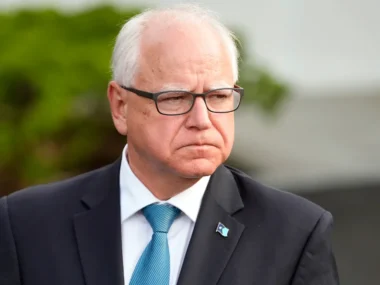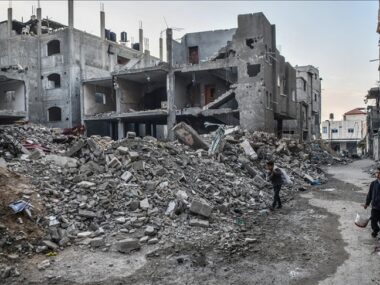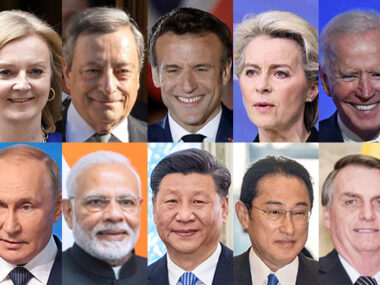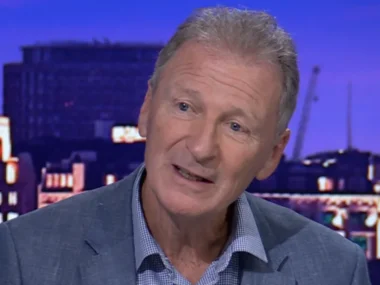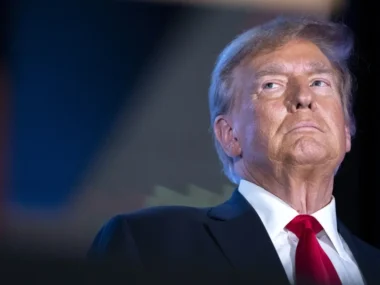Current Affairs in Global Politics: An Overview
As of late 2023, the landscape of global politics is dynamic and multifaceted, marked by significant events, shifting alliances, and an evolving geopolitical climate. From the ongoing consequences of the COVID-19 pandemic to the rise of nationalist movements and climate change concerns, the world’s political stage features a myriad of challenges and opportunities. Here’s an exploration of some of the defining trends and events currently shaping international relations.
1. The Aftermath of the COVID-19 Pandemic
The COVID-19 pandemic has left an indelible mark on political structures worldwide. Governments have been grappling with the long-term effects of lockdowns, economic recovery plans, and public health responses. In countries like the United States and parts of Europe, there is a growing discourse about the balance between individual liberties and public health measures. Additionally, vaccine equity remains a significant issue, with developing nations calling for increased support from wealthier countries to ensure comprehensive vaccination efforts.
2. The Rise of Authoritarianism
In several regions, there has been a noticeable resurgence of authoritarianism, with leaders consolidating power and suppressing dissent. In countries like Belarus and Russia, opposition movements have faced significant crackdowns, leading to widespread protests and international condemnation. The situation in Myanmar, following the military coup in early 2021, remains a subject of global concern as the junta continues to suppress opposition and stifle democracy.
3. Tensions in Eastern Europe
The conflict between Russia and Ukraine has persisted, with dramatic implications for regional and global security. Despite various diplomatic efforts, hostilities have continued, resulting in severe humanitarian crises and prompting a united response from NATO allies. European countries have been re-evaluating their defense postures, while discussions around energy independence from Russia have gained urgency. The repercussions of this conflict extend beyond Europe, affecting global food security and energy prices.
4. Climate Change Challenges
Climate change remains a pressing issue in global politics, with nations struggling to meet their commitments under the Paris Agreement. Recent climate summits have highlighted the importance of collective action; however, disagreements over financial aid for developing countries have stalled progress. The 2023 United Nations Climate Change Conference (COP28) is expected to be a pivotal moment for nations to reassess their strategies and strengthen collaborations aimed at mitigating climate impact.
5. U.S.–China Relations
The relationship between the United States and China continues to be a focal point of international politics. Issues ranging from trade wars to human rights concerns in Hong Kong and Xinjiang have heightened tensions. The Biden administration has adopted a strategy of coalition-building with allies to address China’s assertiveness in the Indo-Pacific region, while both countries are navigating sensitive discussions on technology, trade, and climate action. The Taiwan situation remains a flashpoint, drawing significant global attention and concerns over potential conflict.
6. The Global Shift Toward Multilateralism
In response to these complex challenges, there has been a noticeable shift towards multilateralism in some policy areas. Countries are increasingly recognizing that collaborative efforts are essential for addressing issues like pandemics, climate change, and international security. Organizations such as the G20 and the World Health Organization have seen renewed emphasis on cooperative frameworks, although diverging national interests often complicate consensus.
Conclusion
In conclusion, the current affairs of global politics are characterized by a blend of challenges and opportunities. Nationalism, authoritarianism, climate change, and geopolitical tensions all play a pivotal role in shaping the political narrative of 2023. As nations navigate these turbulent waters, the importance of diplomacy, cooperation, and inclusive governance cannot be overstated. The coming months will be crucial for determining how effectively the global community can address these pressing issues and chart a path toward a more stable and equitable world.
As the situation evolves, staying informed and engaged is essential for individuals and stakeholders alike, ensuring that the ideals of democracy, human rights, and sustainability remain at the forefront of global discourse.


